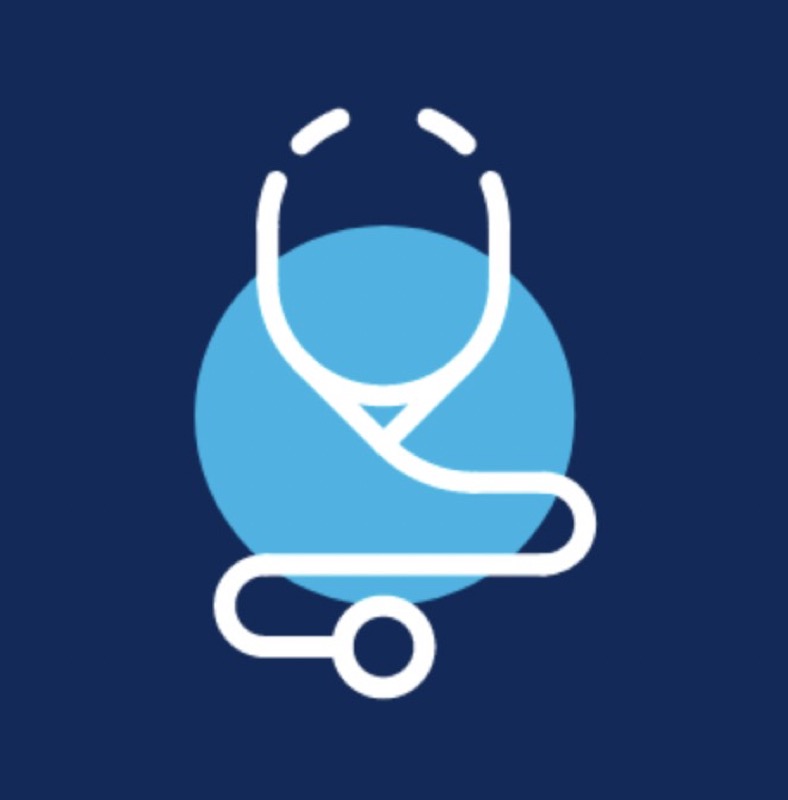St. Elizabeth's Comprehensive Addiction Program (SECAP), founded in 1976, is Boston’s oldest hospital-based program and the only Level 4 certified, medically monitored inpatient detoxification program in Massachusetts. Annually we provide care for over 1,000 patients.
The program’s capacity is 14 beds on any given day. Patients are admitted in a hospital environment, which means around the clock monitoring by nursing staff and daily physician visit. Patients have access to all hospital’s services such as radiology, lab, physical therapy, psychiatric consultations, and subspecialty consult services, which allows us to provide care for patients with underlying medical conditions. This is the unique aspect of our program that by BSAS definition places us at a level IV category.
We provide care for a wide variety of addictions. Our treatment protocols for opioids, alcohol and benzodiazepine dependence are evidence-based and symptom triggered, and are tailored per individual needs. Our team successfully detoxes patients from opiates, alcohol, and benzodiazepine by using buprenorphine-naloxone (Suboxone), chlordiazepoxide (Librium), and oxazepam (Serax).
There is no FDA approved medication for cocaine or other stimulant withdrawals, therefore we do not offer a universal protocol, but patients with cocaine use disorder can also be treated here by receiving medications commonly known as comfort meds.
Our team also offers a comfortable path for patients who are interested in tapering off buprenorphine-naloxone (Suboxone), Ultram, and other substances resulting in dependence on individual bases.
The length of stay depends on the drug of choice and individual’s need, but on average is 3.5-4 days for opiates and alcohol and 7 days for benzodiazepines.
During the course of hospitalization, patients will meet with detox counselors on daily basis. Counselors engage patients in group therapies, meditation, individual counseling, and discharge planning. Family meetings are also facilitated by our detox counselors per patient's or family’s request.
Mutual help groups (Friends of SECAP, AA) provide on-site support to aid in the transition to outpatient care.
To contact the SECAP Detox program, call 617-789-2574.
Unit Coordinators: Tina Robinson, Anna Roberto



